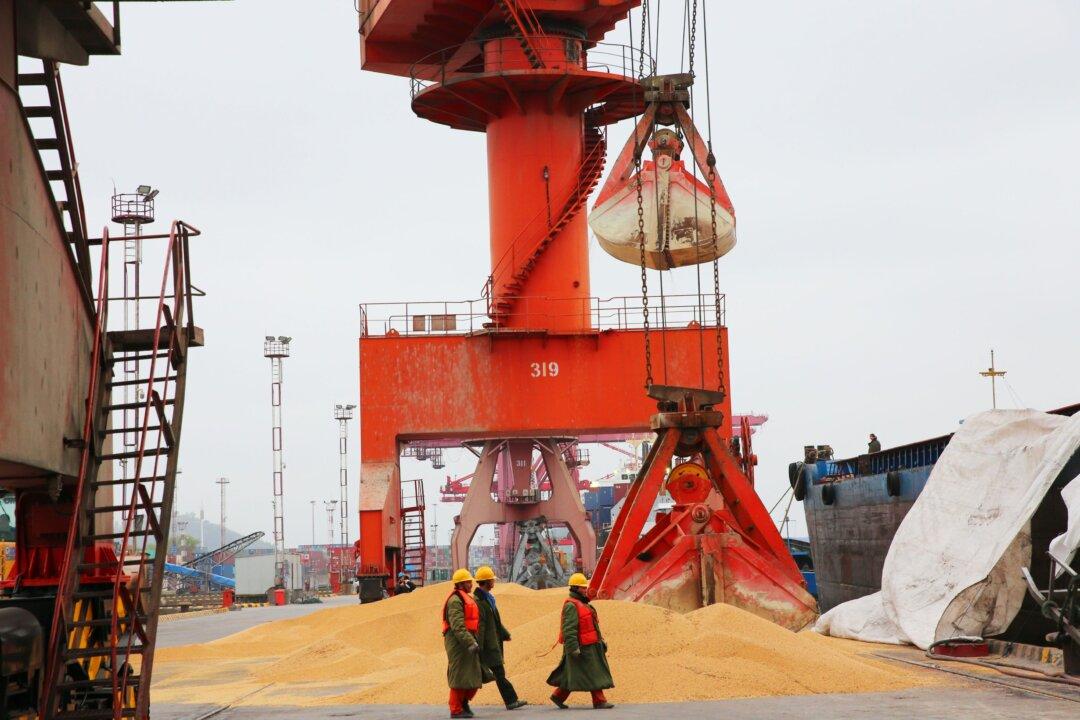A vaccine against norovirus is set to move into human testing. Norovirus causes 685 million worldwide outbreaks, kills 50,000 children every year in mostly developing countries, and is now prevalent in China.
Norovirus, commonly known as the “winter vomiting bug,” is the worldwide leader in causing gastrointestinal infections. Symptoms include abdominal pain, diarrhea, nausea, and then vomiting. Norovirus is considered extremely dangerous because it is highly contagious, mutates rapidly and there are no viral drugs that are effective to treat it. The illness can lead to severe dehydration, hospitalization and even death.






